On June 3, Turkish President Recep Tayyip Erdogan announced the new cabinet of his government, thereby revealing new thinking that could lead to changes in both domestic and foreign policies of this experienced politician .
According to Daily Sabah, the two most important positions in the new cabinet that have attracted public attention are the Foreign Minister position - given to Mr. Hakan Fidan, head of the National Intelligence Organization (MIT) and the Minister of Treasury and Finance position held by Mr. Mehmet Şimşek. Mr. Mehmet Şimşek was highly appreciated by experts when he held the position of Minister of Treasury and Finance and then Deputy Prime Minister of Turkey from 2009 to 2018. The other two important positions are Vice President, given to Mr. Cevdet Yilmaz - an economic manager, and Minister of Defense, held by General Yasar Guler. A series of other key positions in the new cabinet have also been appointed.
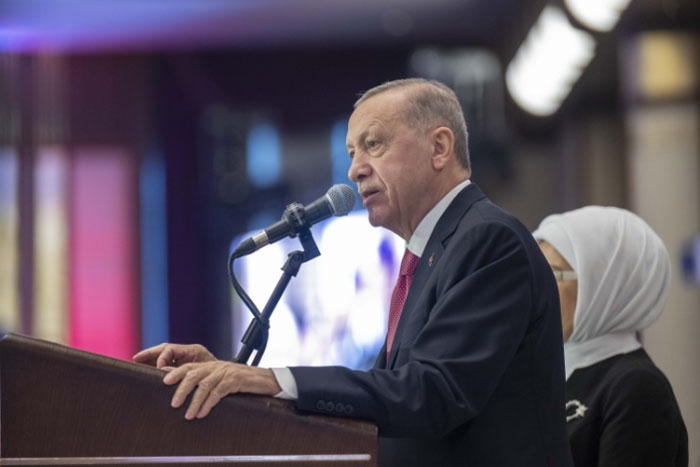 |
| Turkish President Recep Tayyip Erdogan speaks during his inauguration ceremony in Ankara, June 3. Photo: Anadolu Agency |
Earlier on the same day, Mr. Erdogan was sworn in as President of Turkey for the 2023-2028 term in a solemn ceremony, attended by many heads of state and a series of high-ranking officials from 78 countries and international organizations such as: President of Venezuela Nicolas Maduro, Prime Minister of Hungary Viktor Orban, Prime Minister of Armenia Nikol Pashinyan, Secretary General of the North Atlantic Treaty Organization (NATO) Jens Stoltenberg...
Al Jazeera commented that all developments surrounding the Turkish presidential election as well as the formation of the country's new cabinet have attracted special attention from the world public opinion. That is because its enormous impact is not only limited to the country with the second strongest army in NATO but also has a significant impact on security in Europe and the Middle East.
The administration of President Erdogan - Türkiye's longest-serving leader in two decades of power - has turned the country into a global player; implemented policies to modernize the country through mega projects to build ports and airports; created a weapons industry with remarkable progress; carried out negotiations to join the European Union; promoted economic growth to help millions of people escape poverty; abolished the requirement for women to wear headscarves, the right to work in the public sector and the freedom to attend university...
However, the low-interest-rate economic policy pursued by President Erdogan’s administration during his previous term has caused a cost-of-living crisis and high inflation. The government’s slow response to the devastating earthquake in southeastern Turkey that killed more than 50,000 people earlier this year has also drawn criticism from Erdogan’s previous cabinet. For these reasons, the public is eagerly awaiting the policy changes that the new cabinet ministers can make to help the country escape its socio-economic quagmire.
In the foreign affairs field, with its strategic location at the crossroads of Asia and Europe, and a defense industry that has recently made spectacular breakthroughs, Türkiye has emerged as a regional power and a global mediation center, but is also a difficult partner.
Despite being a NATO member, Ankara has refused to follow the US and the West in imposing harsh sanctions on Moscow. On the one hand, Türkiye continues to cultivate friendly relations with Russia and the Gulf states, while on the other hand, it actively plays the role of an international mediator, enhancing its soft power through diplomatic activities. Turkey brokered the Black Sea Grain Corridor Initiative agreement, which helped release millions of tons of wheat stuck in the Russia-Ukraine conflict, contributing to preventing a global food crisis.
Ankara has blocked Sweden and Finland’s bid to join NATO, accusing them of harboring Kurdish terrorists. This move is a prime example of how Ankara has pursued its national interests regardless of existing alliance structures. It is also why Turkey under Erdogan has been called a “chronic headache” for the West, as AP described it. Will the new Ankara cabinet continue to pursue an independent, non-aligned foreign policy, with a focus on maintaining strategic autonomy in a world of constant change? That question will take time to answer.
HA PHUONG
Source










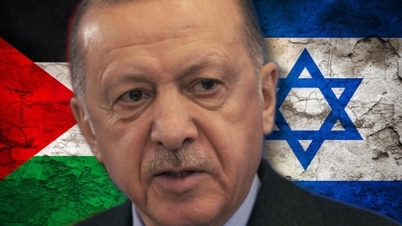




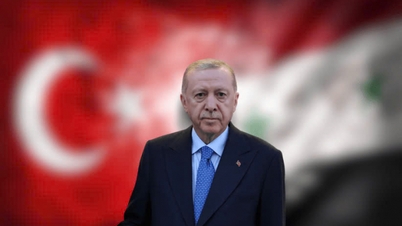

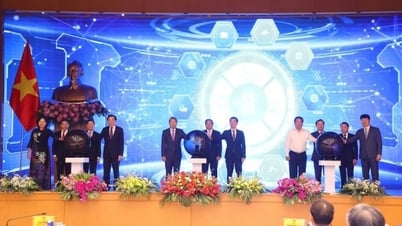

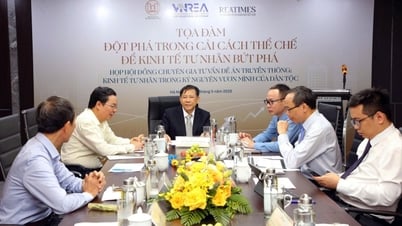
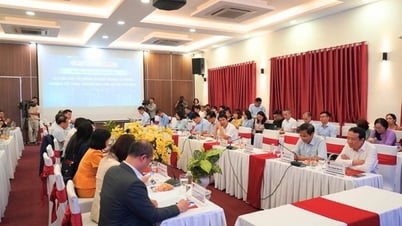
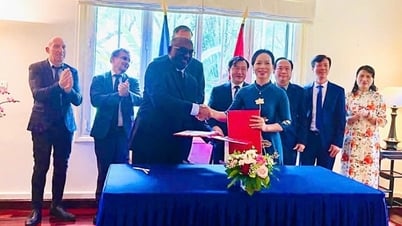
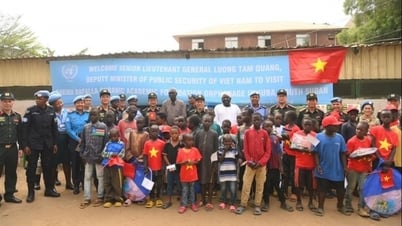
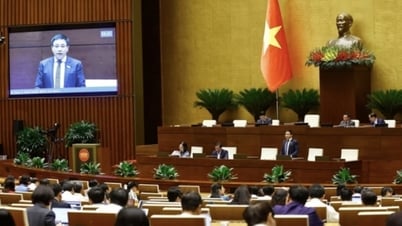





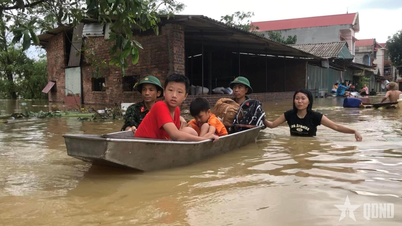
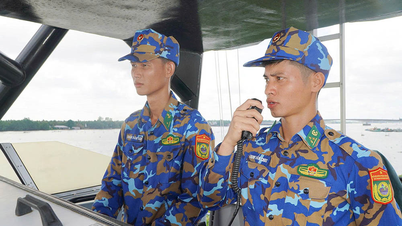
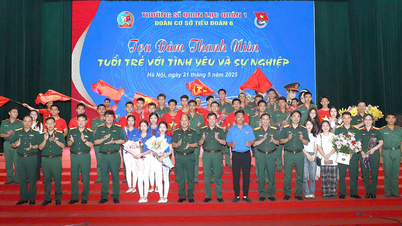

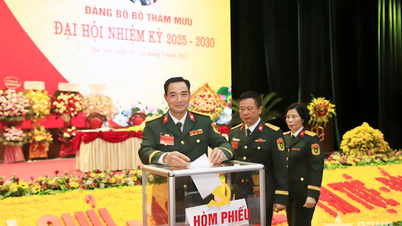

































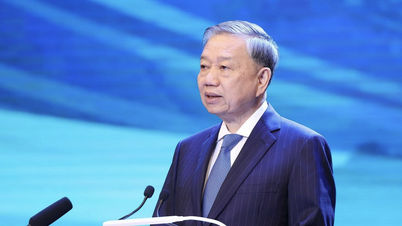






























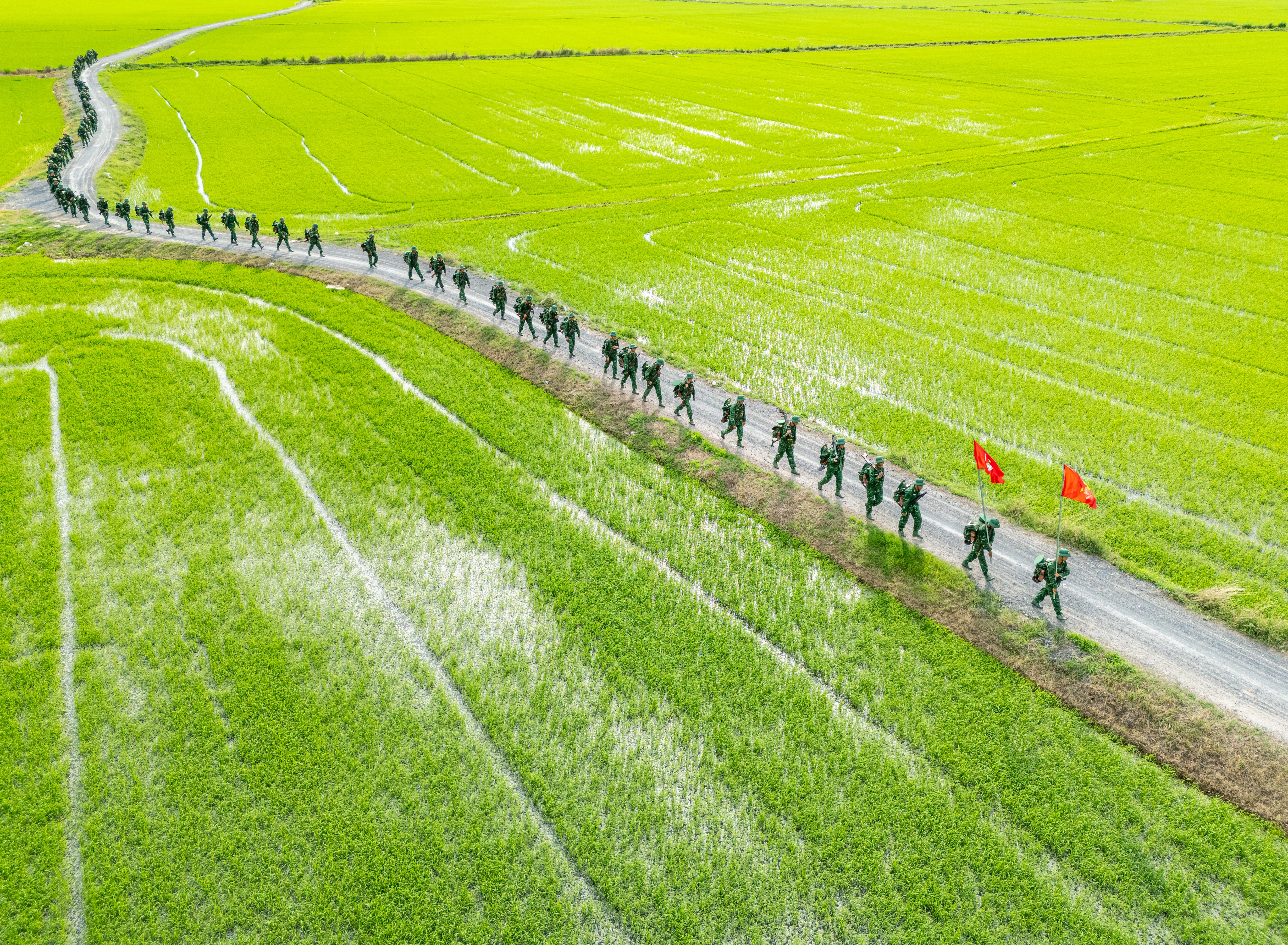



Comment (0)